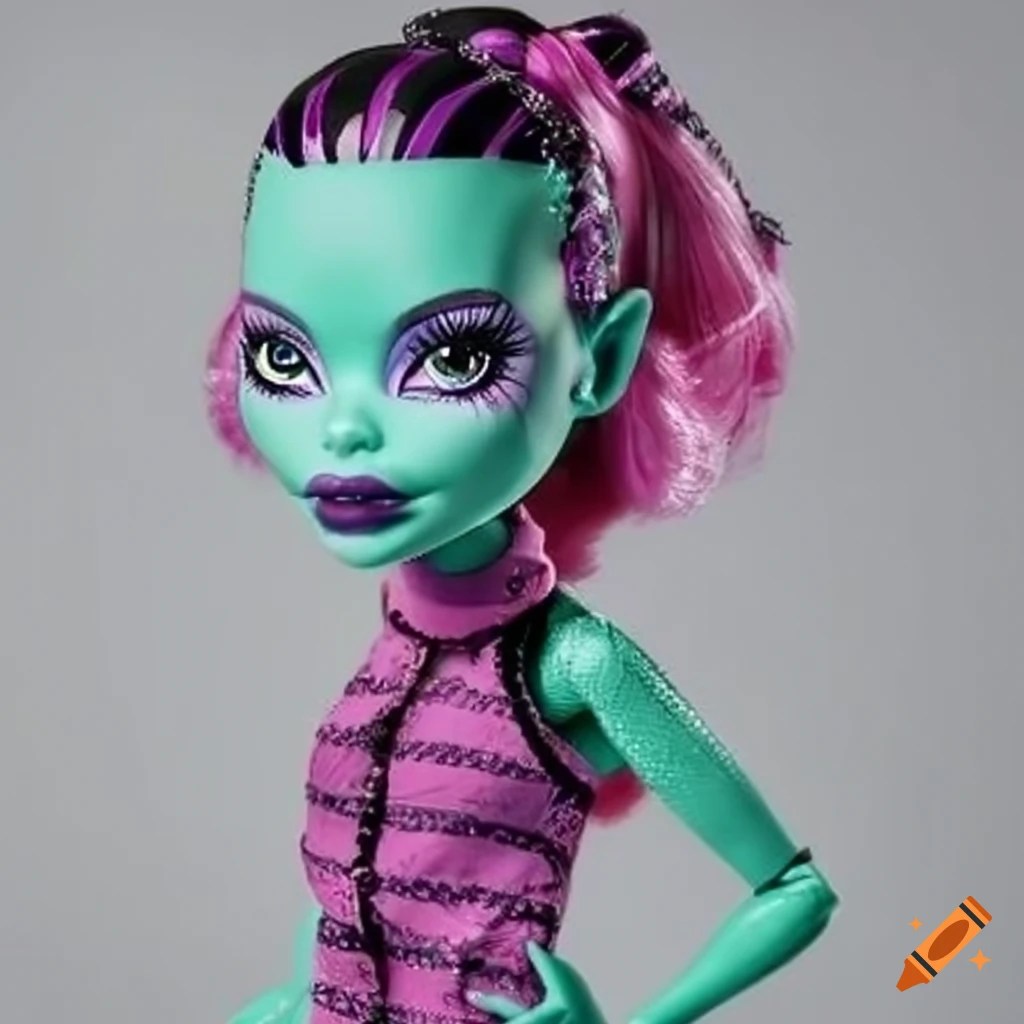Exploring the Cultural Significance of Monsters
Why are we so captivated by monsters? From ancient myths to modern horror films, these creatures continue to fascinate and frighten us. The concept of a "monster" transcends mere physical attributes; it delves into the depths of our subconscious, reflecting our deepest fears and anxieties. This exploration aims to dissect the cultural phenomenon of monsters, examining their origins, their significance, and their enduring impact on human psychology.
The word "monster" itself evokes a sense of dread and the unknown. It conjures images of grotesque creatures lurking in the shadows, their very existence a threat to our understanding of the natural world. Yet, monsters are more than just figments of our imagination. They serve as powerful metaphors, embodying the fears and anxieties of the societies that create them.
Throughout history, different cultures have developed their own unique interpretations of what constitutes a monster. From the fearsome beasts of Greek mythology to the grotesque demons of Japanese folklore, these creatures often represent the unknown and the dangerous. They serve as cautionary tales, warning against venturing too far beyond the boundaries of the known.
The significance of monsters extends far beyond their role as mere entertainment. They provide a lens through which we can examine our deepest fears and anxieties. For example, the vampire myth, with its themes of immortality and bloodlust, reflects our primal fears of mortality and the loss of control. Similarly, the werewolf legend, with its transformation from human to beast, explores the duality of human nature and the struggle between our civilized selves and our primal instincts.
Furthermore, monsters often serve as a reflection of societal anxieties. In times of social upheaval or uncertainty, the collective fear often manifests in the form of monstrous creatures that embody the perceived threats to the established order. The rise of new technologies, for instance, often sparks anxieties about the potential consequences of scientific progress, leading to the creation of monstrous creatures that represent the fear of the unknown and the potentially destructive power of technology.
In the 21st century, monsters continue to captivate our imaginations. From the terrifying creatures of modern horror films to the complex characters found in fantasy literature, these creatures continue to evolve, reflecting our changing fears and anxieties. The enduring fascination with monsters speaks to our innate curiosity about the unknown, our desire to confront our fears, and our need to find meaning in a world often characterized by chaos and uncertainty.
While the specific forms they take may change, the underlying themes that monsters represent—fear, anxiety, and the struggle against the unknown—remain timeless. Whether we encounter them in ancient myths, classic literature, or modern cinema, monsters offer a unique and powerful lens through which we can examine the human condition and explore the darkest corners of our collective imagination.
Unlocking the hive mind your guide to the roblox bear wiki fandom
Unlocking the magic of hindi comprehension for grade 3
Madden 24 franchise settings













